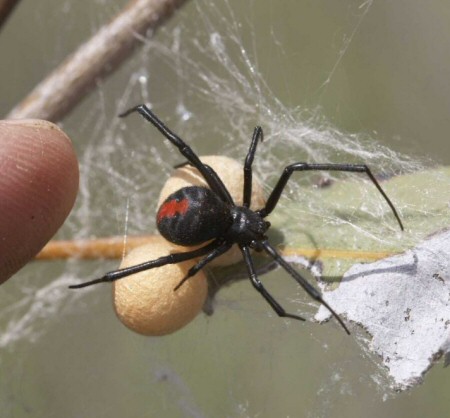G
Guest 26753
You make a good point, but I discussed this with one of the local rangers. He also advised me to not make them dependent on me, and gave me a feeding plan that would supplement what scarce food was around during those bad drought years. My feeding schedule is only during winter and the breeding season, and as soon as the babies are fledged, I ease back when I see there is enough insect life to sustain them. I tend to get a lot of sick or "damaged" birds. Once my feeding stops, they then spread out into other neighborhoods and bush areas.
Urban Magpies are often poorly looking due to them eating trash scavenged from yards and areas around shops where food scraps are left around by lazy humans.
I also am a carer for WIRES, and take in other critters when needed by the local RSPCA.
Lately I have been adding a vitamin supplement to the minced beef/lamb, so try and ensure they are strong enough to cope with increased demand on local food stocks.
I must say that the sound of 50 Magpies warbling above my head is quite beautiful.
I think from memory a Magpies natural population area is a breeding couple per hectare, but in urban areas this is much increased.
Urban Magpies are often poorly looking due to them eating trash scavenged from yards and areas around shops where food scraps are left around by lazy humans.
I also am a carer for WIRES, and take in other critters when needed by the local RSPCA.
Lately I have been adding a vitamin supplement to the minced beef/lamb, so try and ensure they are strong enough to cope with increased demand on local food stocks.
I must say that the sound of 50 Magpies warbling above my head is quite beautiful.
I think from memory a Magpies natural population area is a breeding couple per hectare, but in urban areas this is much increased.















